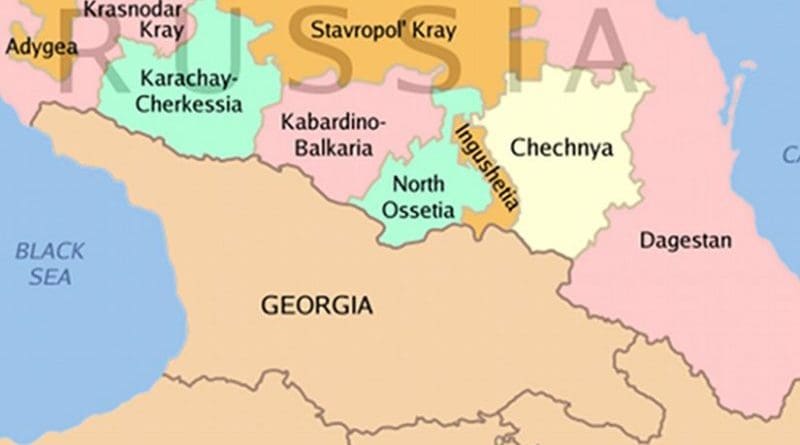Iran Expanding Economic And Cultural Ties With Republics Of The North Caucasus – OpEd
By Paul Goble
Tehran is now working to expand its ties with the republics of Russia’s North Caucasus, not only in the economic realm including the development of new transportation and production infrastructure but also in the cultural one with cooperation agreements between Iranian educational institutions and North Caucasus counterparts.
Both of these moves will allow the Iranians to increase their influence beyond the border region – Iran has long been active in Azerbaijan, for example, given that like the Iranians, Azerbaijanis are two-thirds Shiia in religion – and may become the cover as it were for Iranian cultural and religious penetration of an area in which they have not been that active in the past.
This trend was highlighted this week by a meeting in Tehran of senior Iranian and Russian officials entitled “Iran and the North-Caucasus Federal District of the Russian Federation: Prospects for Trade and Cultural Cooperation,” a follow-on to a similar meeting in North Ossetia in 2017 (minkavkaz.gov.ru/press-center/news/8012/ and casp-geo.ru/sostoyalas-konferentsiya-posvyashhennaya-sotrudnichestvu-irana-i-severnogo-kavkaza/).
Sergey Chebotaryov, the Russian minister for North Caucasus affairs, said that trade was growing but that there was more room for its expansion. He laid particular stress on the building of transportation infrastructure in order to counter east-west projects backed by the Europeans and the Americans.
The senior Iranian official present, energy minister Reza Ardakanian, agreed that such routes were especially important and pledged that Tehran would do what it could to see that they were built and used.
Other speakers, however, put more stress on cultural and educational cooperation than on economics. They pointed to the establishment in the universities of the North Caucasus of programs to train people on Iranian affairs drawing on Iranian experts and on cooperation with partner schools in Iran. Two such programs in North Ossetia were described in detail
Such arrangements will open the way for more Iranians to travel to the North Caucasus and more North Caucasians to visit Iran, an exchange that will allow Tehran to expand its influence in the southern part of the Russian Federation, quite possibly in ways that Moscow will find anything but welcome.

